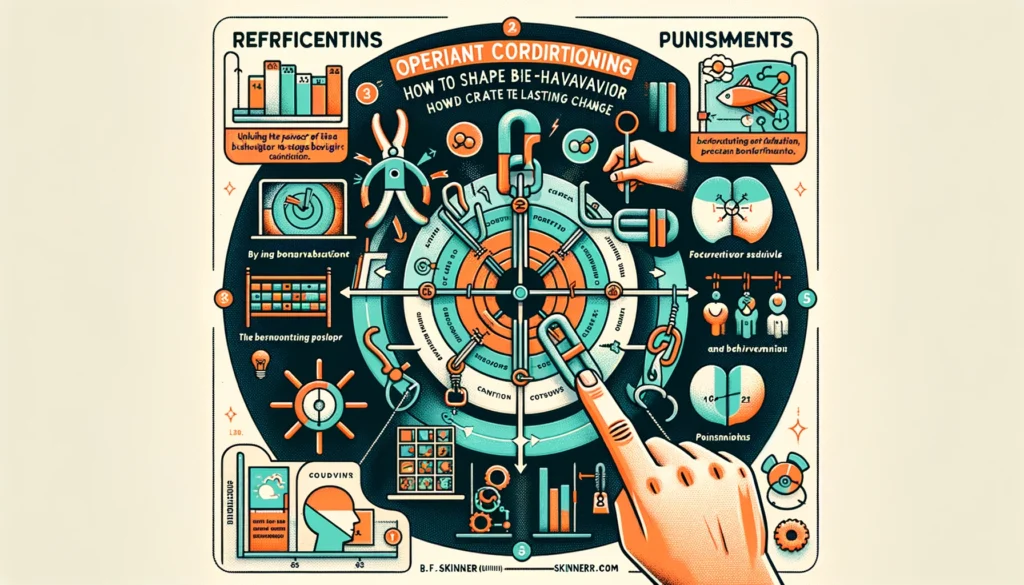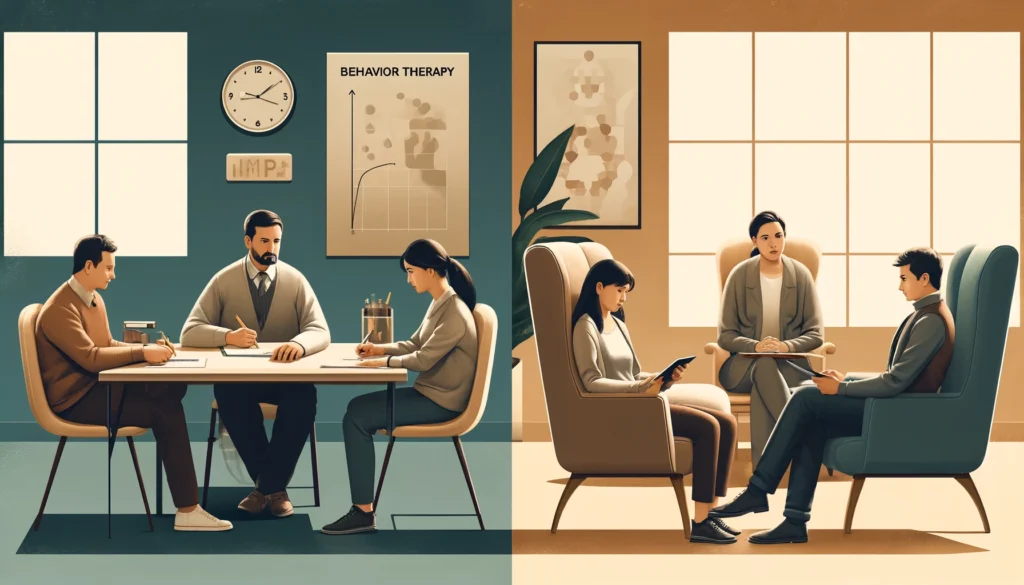
The loss of a loved one due to negligence is an emotionally devastating experience that profoundly affects those left behind. Families not only face the immediate shock and grief but also the complicated emotions that follow, including anger, confusion, and feelings of injustice. Navigating these emotions is crucial to the healing process, and understanding that this journey is unique for everyone can offer some comfort and guidance.
Moreover, in the aftermath of such a tragic event, it’s essential to have the right support and resources to help navigate the complex legal and emotional landscapes. Support from experienced wrongful death attorneys, such as those at Malcolm Law Firm PLLC, can be invaluable. They provide critical assistance in securing justice and compensation, allowing families to focus more effectively on healing and rebuilding their lives.
Embracing Your Grief Openly
Grieving openly and honestly is essential for emotional recovery after losing a loved one to negligence. Suppressing emotions can prolong the pain and complicate the healing process. Sharing feelings through tears, conversations, or creative outlets allows individuals to process their loss and gradually work towards acceptance.
Connecting with friends, family, or supportive environments helps validate and normalize these emotions. This open acknowledgment fosters emotional resilience, making it easier to confront and navigate the varied stages of grief.
Ultimately, expressing grief is a crucial step in moving forward. Embracing these feelings can lead to a healthier emotional journey and bring comfort throughout the healing process.
The Transformative Power of Professional Counseling
Professional counseling offers essential support to individuals struggling to cope after losing a loved one to negligence. Trained therapists guide individuals through structured therapeutic sessions, helping them better understand and manage complex emotional reactions. Counseling not only facilitates emotional healing but also provides strategies to handle day-to-day challenges more effectively.
Through professional counseling, survivors gain valuable insights and practical coping techniques. Therapy creates a safe, non-judgmental space for individuals to confront and process their feelings, which can significantly enhance emotional wellbeing and foster personal growth during difficult times.
Finding Strength Through Support Networks
Connecting with others who have faced similar losses can be profoundly comforting and empowering. Support groups, community resources, and online forums create safe spaces for sharing experiences and exchanging advice. These environments help reduce feelings of isolation, reassuring individuals that they are not alone in their pain.
Building and maintaining strong relationships with close friends and family plays a crucial role in the healing process. Such connections provide consistent emotional support and practical assistance, enhancing feelings of security and belonging.
Companionship from loved ones is essential for reinforcing emotional resilience. As individuals navigate their journey through grief, the presence of supportive relationships facilitates gradual healing and fosters a sense of hope.
The Pursuit of Justice: Why Accountability Matters
Pursuing justice following a wrongful death is not just about compensation—it’s also about holding the responsible parties accountable. Securing justice provides families with a sense of closure and validation, acknowledging the gravity of their loss and the negligence involved. This accountability can be a critical emotional milestone, supporting families’ emotional recovery.
Additionally, seeking justice contributes to preventing future incidents by highlighting the consequences of negligent actions. This proactive pursuit can bring meaning to the tragedy, empowering families by transforming their personal loss into a catalyst for broader societal change.
Simplifying the Legal Journey with Trusted Guidance
The legal complexities surrounding wrongful death cases can overwhelm grieving families already facing emotional challenges. Compassionate and experienced legal assistance allows these families to focus on healing instead of getting lost in procedural details. Support involves gathering evidence, negotiating with insurance companies, and providing strong advocacy in court.
Dedicated legal representation helps families experience reduced stress and greater clarity throughout the legal process. A knowledgeable and supportive team ensures families feel empowered and respected. With this guidance, they can pursue justice with confidence.
Having reliable legal support allows families to navigate the intricacies of wrongful death cases more effectively. This approach fosters an environment where families can concentrate on what truly matters during such a difficult time. The right assistance makes a significant difference in their journey toward healing and resolution.
Honoring Memories: Meaningful Memorials and Tributes
Creating memorials or tributes is a powerful way to honor and remember a loved one who has passed. Whether through physical memorials, charitable activities, or personal rituals, these acts allow families to maintain a tangible connection to the deceased. Such memorials provide comfort and create lasting, meaningful legacies.
Engaging in memorial activities helps channel grief constructively, promoting emotional healing. These tributes reinforce the enduring impact of the loved one’s life and values, providing families with ongoing emotional sustenance and strength.
Prioritizing Self-Care: The Foundation of Healing
Self-care is critical yet frequently overlooked during periods of grief. Physical health, emotional stability, and mental clarity are interconnected; neglecting these areas can prolong emotional distress and impede healing. Simple self-care practices like regular exercise, balanced nutrition, and adequate sleep significantly contribute to emotional and physical well-being.
Incorporating mindfulness and relaxation techniques can also profoundly enhance emotional resilience. Intentional self-care activities provide essential respite, helping individuals maintain emotional balance, reduce stress, and nurture overall well-being throughout the healing journey.
Discovering New Purpose in the Wake of Loss
Finding a new purpose after losing a loved one can significantly transform the grieving experience. Engaging in advocacy, community service, or awareness campaigns enables individuals to channel grief positively, benefiting both themselves and others. Such meaningful activities provide renewed purpose and direction, contributing substantially to emotional healing.
This pursuit of purpose does not diminish the memory or importance of the deceased. Instead, it carries their legacy forward, embedding their memory and values in impactful actions and meaningful change. Embracing purposeful activities can ultimately enrich survivors’ lives, giving profound significance to their journey of healing.
Mariam holds an MS in Sociology with a specialization in Medical Sociology and Social Psychology. With a strong academic background and extensive research work in both fields, she brings depth and clarity to complex topics. Her writing explores the intersection of society, health, and the human mind, making academic ideas easy to grasp and relevant to everyday life.


